
Believe it or not, many foods that are consumed by vegetarians and vegans have hidden animal ingredients that few people would suspect. Some examples include sugar, which is sometimes bleached with bone char and vanilla ice cream, which may include a secretion taken from beaver’s behinds.
1. Parmigiano-Reggiano Cheese
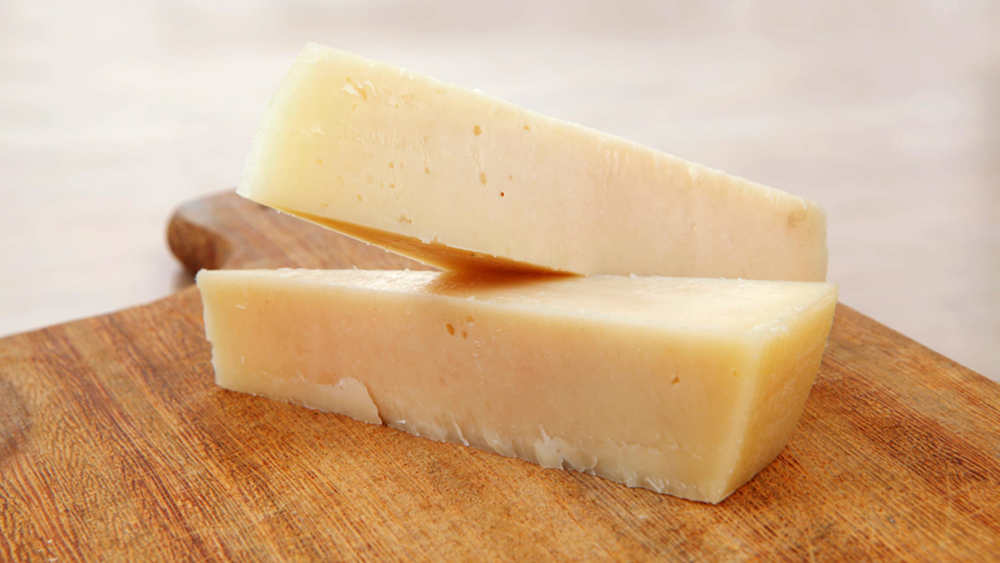
If there’s one thing most vegetarians love, it’s cheese. However, that beloved Parmesan cheese technically isn’t vegetarian. Parmesan is crafted using an enzyme called “rennet” or “chymosin,” which comes from the stomach of young lambs and calves. The enzyme is used to coagulate liquid milk into curds and whey. All hard cheeses used to be made with this enzyme, but now most other cheeses are made with Fermentation Produced Chymosin. But, most Parmesan cheesemakers still use rennet.
2. Vanilla Ice Cream
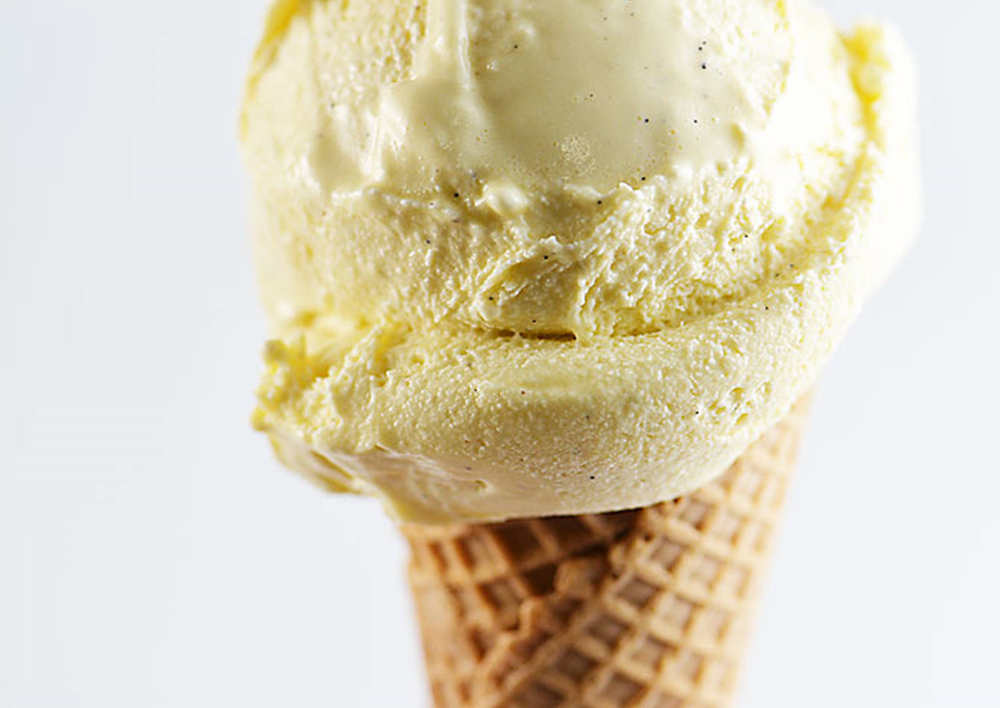
There’s no polite way to say it: most vanilla ice creams that list “natural flavor” as one of the ingredients, may have derived that fragrant, musky, vanilla scent from beaver behinds. While the FDA claims there is no harm in eating the substance, which is called castoreum, but if you prefer to skip the ingredient swap out your dairy ice cream for a vegan alternative.
3. Bananas
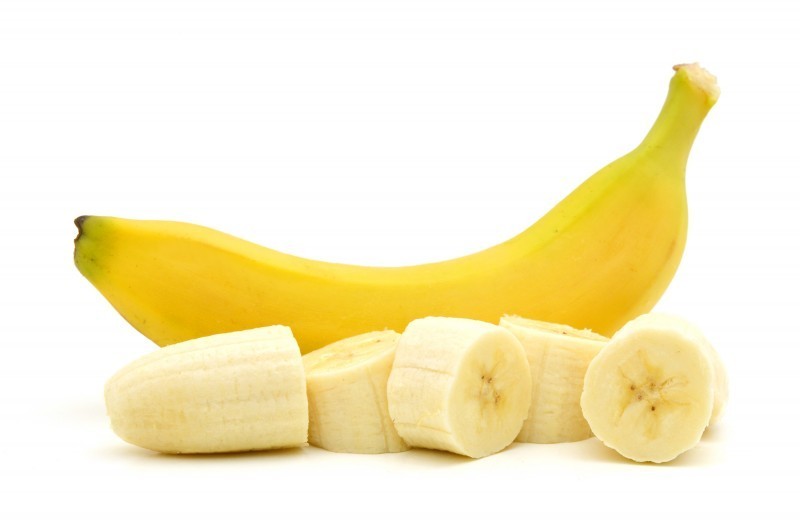
Whether you’re vegetarian, vegan, or allergic to shellfish, you’ll want to stick to organic bananas to avoid contact with a compound derived from shrimp and crabs. Many non-organic bananas have been sprayed with a shellfish-based pesticide with a bacteria-fighting compound that extends the shelf life of the fruit. The pesticide is known to permeate the peel of the banana and get on the fruit.
4. Orange Juice
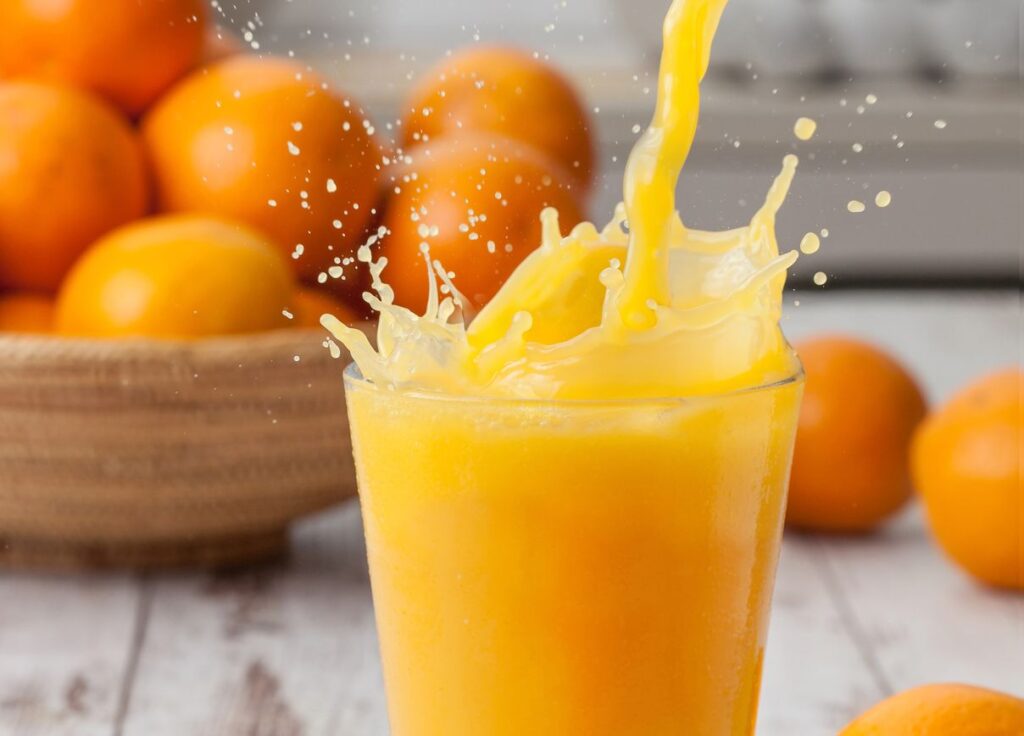
While many orange juices are marketed as being heart healthy, oranges aren’t natural so. Any orange juice that claims to be heart healthy has been infused with omega-3s, which are sourced from anchovies, tilapia, and sardines. Some of the vitamin D added to orange juice may also come from lanolin, a waxy substance taken from sheep’s wool. Making orange juice at home is the best way to ensure your orange juice is nothing but oranges.
5. White Sugar
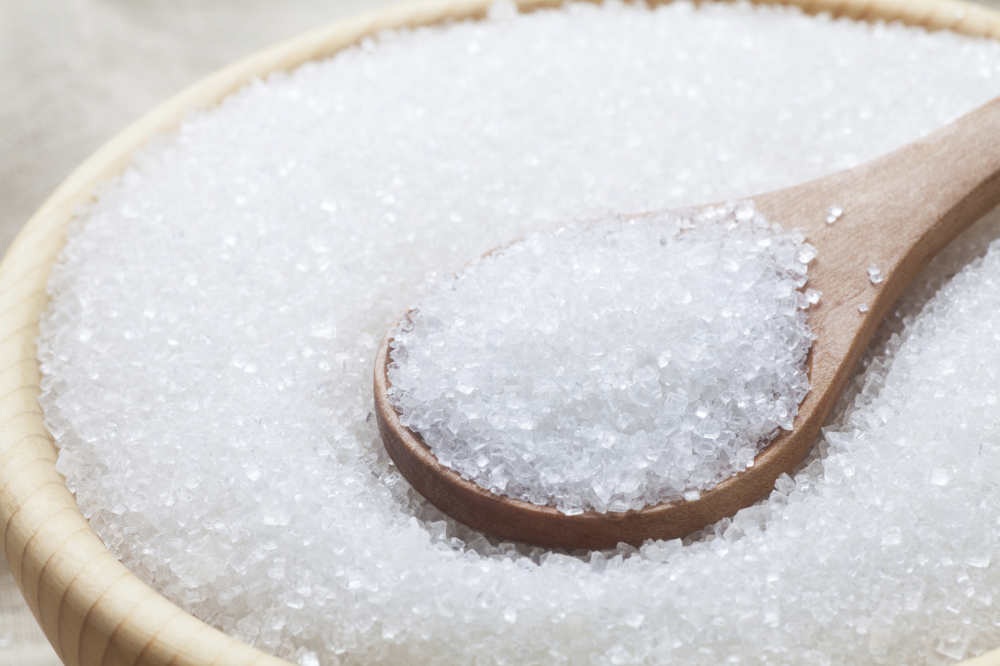
White sugar, which is also known as refined sugar, just may not be suitable for vegetarians or vegans. Although refined sugar comes from sugar canes or sugar beets, it is processed using bone char. The sugarcane is typically crushed to separate the juice from the pulp, and then the juice is heated and crystalized. The juice is then bleached and filtered with bone char, which gives refined sugar that white appearance.
6. Refried Beans
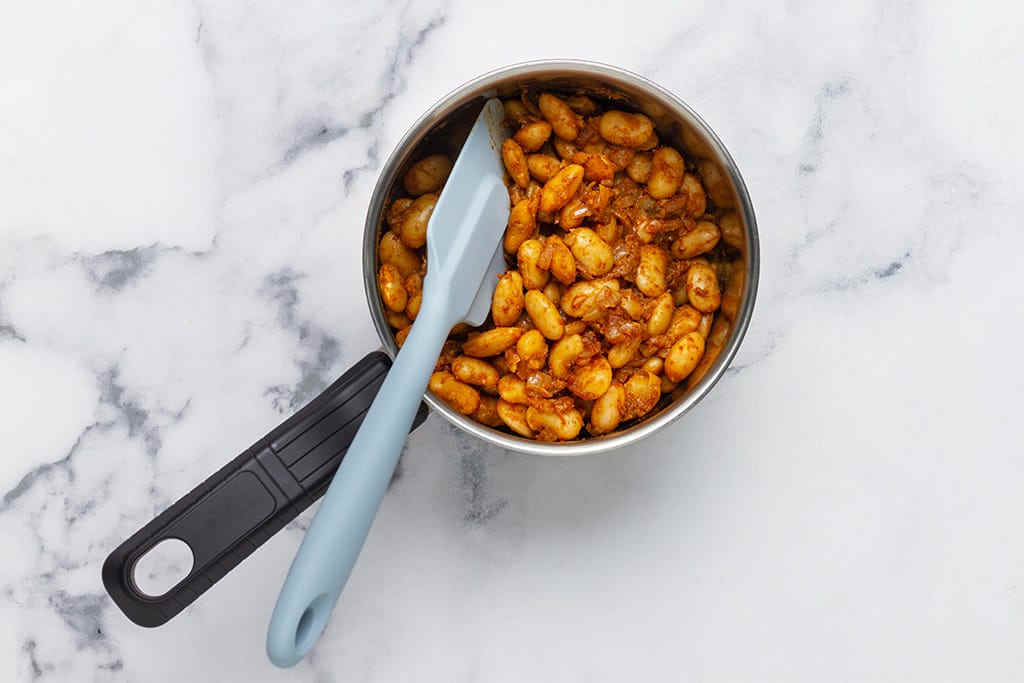
Many vegetarians rely on beans as a good source of protein, but beware when ordering refried beans from Mexican restaurants. Most prepare their beans with lard that comes from pork fat. Some canned refried beans might also be prepared this way, so be sure to check label or look for ones specifically marketed to vegetarians and vegans. Also, you can always try making them at home instead!
7. Red Candy
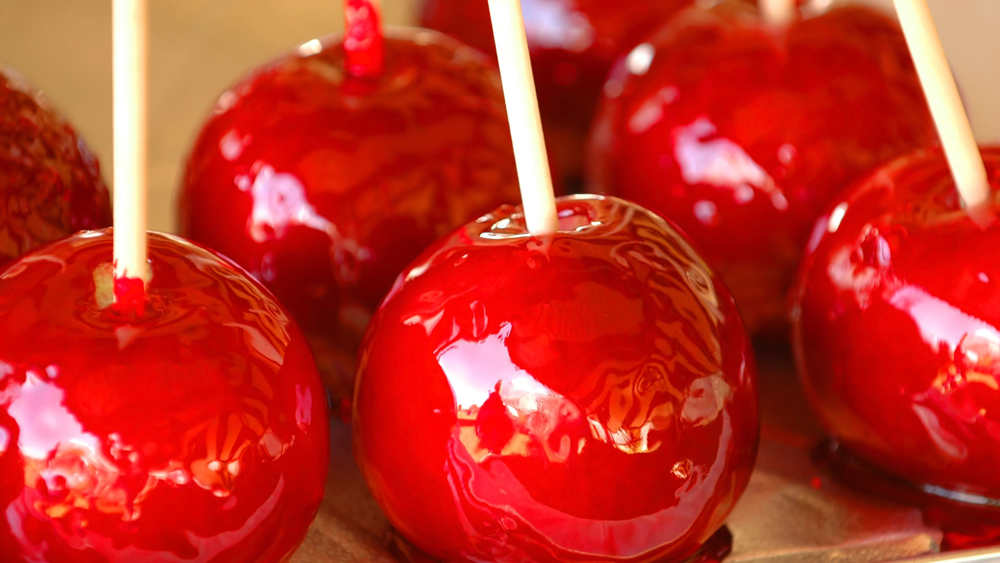
Before you devour a box of Hot Tamales, be sure to see if the label lists the natural red dye #4. Some fruit punch, yogurt, and ice cream also contains this dye, which is technically known as carmine. While carmine sounds pretty harmless, it’s actually the term for a bunch of crushed up beetles. The beetles are boiled in ammonia or sodium carbonate to extract the red dye. If you want to steer clear of the beetle juice, look out for candy or sweets that list red dye #4, carmine, or Crimson Lake.
8. Hard Candy
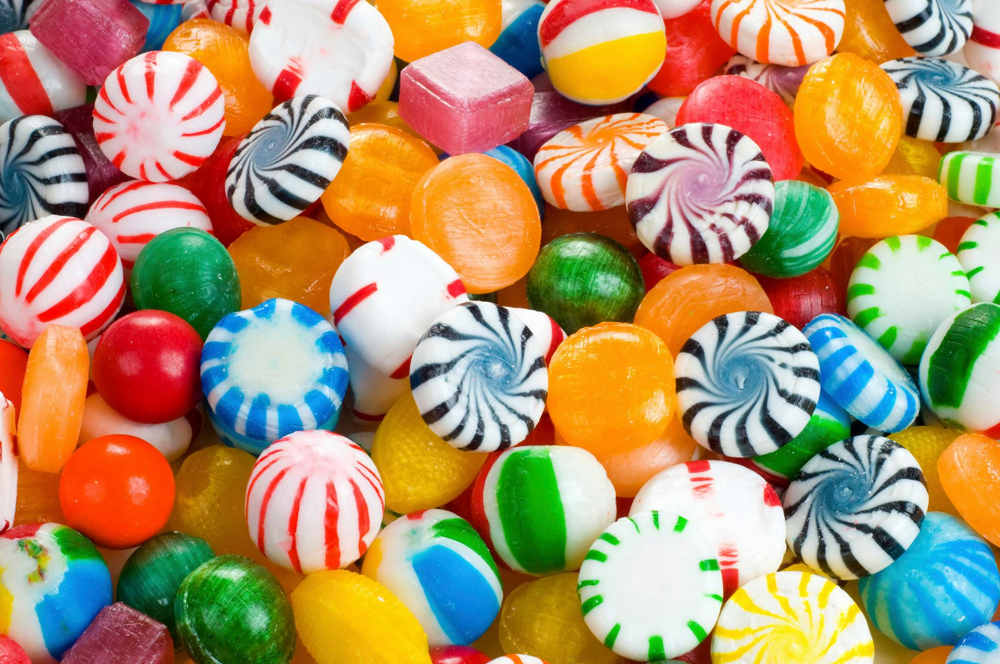
In addition to looking out for red candy, vegetarians should also be mindful of hard candy which has a hard coating made from shellac. Shellac is actually a resin scraped from the rear end of the female lac bug, and is labeled “confectioner’s glaze” in the ingredients list. Shellac is also used in nail polish, hairspray, fertilizer, and furniture polish. One of the few hard candies that don’t use shellac are M&Ms.
9. Beer And Wine

As gross as it sounds, some imported beer and wine—especially those from Britain—are clarified with isinglass, a gelatin from the air bladder of freshwater fish. If your wine or beer is listed as vegetarian or vegan friendly, it has likely been clarified with clay or algae instead. So, before you booze it up, check a directory like this one to see if your favorite beverage is safe or not.
10. Peanuts

When you munch away on peanuts, you might also be consuming pig hooves. Some peanut brands add gelatin to the nuts so that salt and spices adhere better. Gelatin comes from collagen that is harvested from cow or pig bones, hooves, and connective tissues. A good alternative is to get plain peanuts and add the spices or salt yourself, or buy peanuts in the shell.
Check also this related post about 5 Nutritious Vegetables You Can Grow at Home Easily

